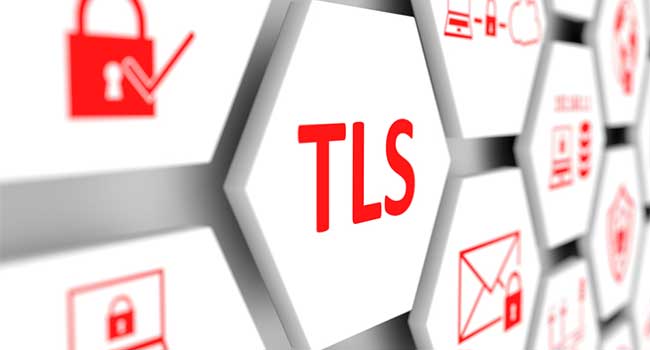
Browsers Drop Support for Old Security Standards
All major browsers are dropping support for old TLS standards simultaneously.
- By Sydny Shepard
- Oct 17, 2018
Firefox, Chrome, Edge, Internet Explorer and Safari are all dropping support for older versions of the online security protocol TLS, used in practically any encrypted exchange online.
TLS, or Transport Layer Security, is a community-developed standard that was released nearly 20 years ago. Version 1.0 and 1.1 have known flaws that make them unsafe to use for any secure communications. 1.2 addressed these major flaws in 2008 and is currently used by the vast majority of clients. 1.3 was released early this year, and improves and streamlines the standard, but currently only has a limited presence online as many servers and services haven't been updated to support it.
Mozilla, Google, Microsoft and WebKit all made separate but similar announcements on their blogs, explaining that old versions 1.0 and 1.1 would be phased out by 2020 - most specifically in March of 2020.
This move, by all of the browsers, simultaneously, should make every internet user a little safer, though users will not be able to see a huge difference from the front end.
About the Author
Sydny Shepard is the Executive Editor of Campus Security & Life Safety.